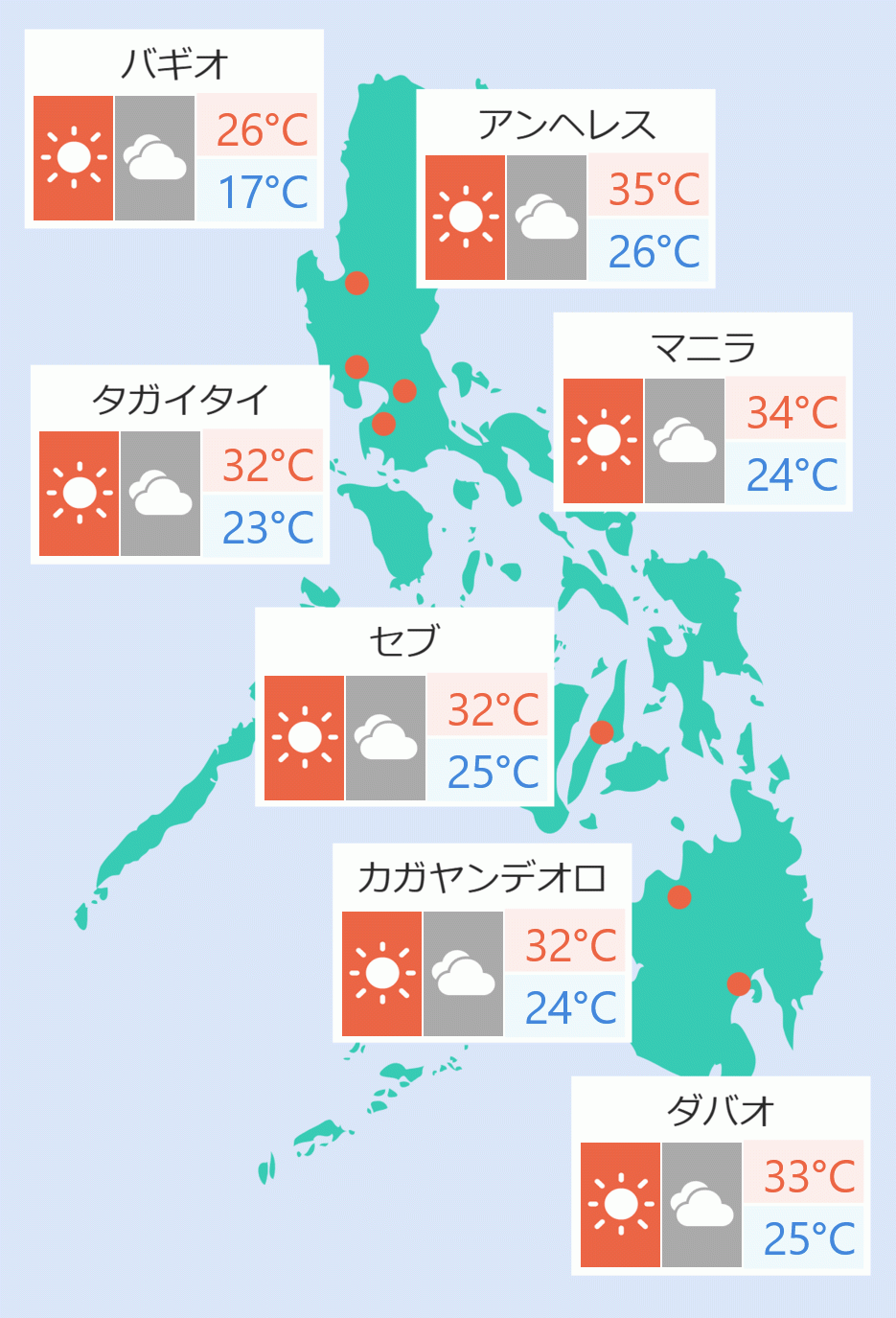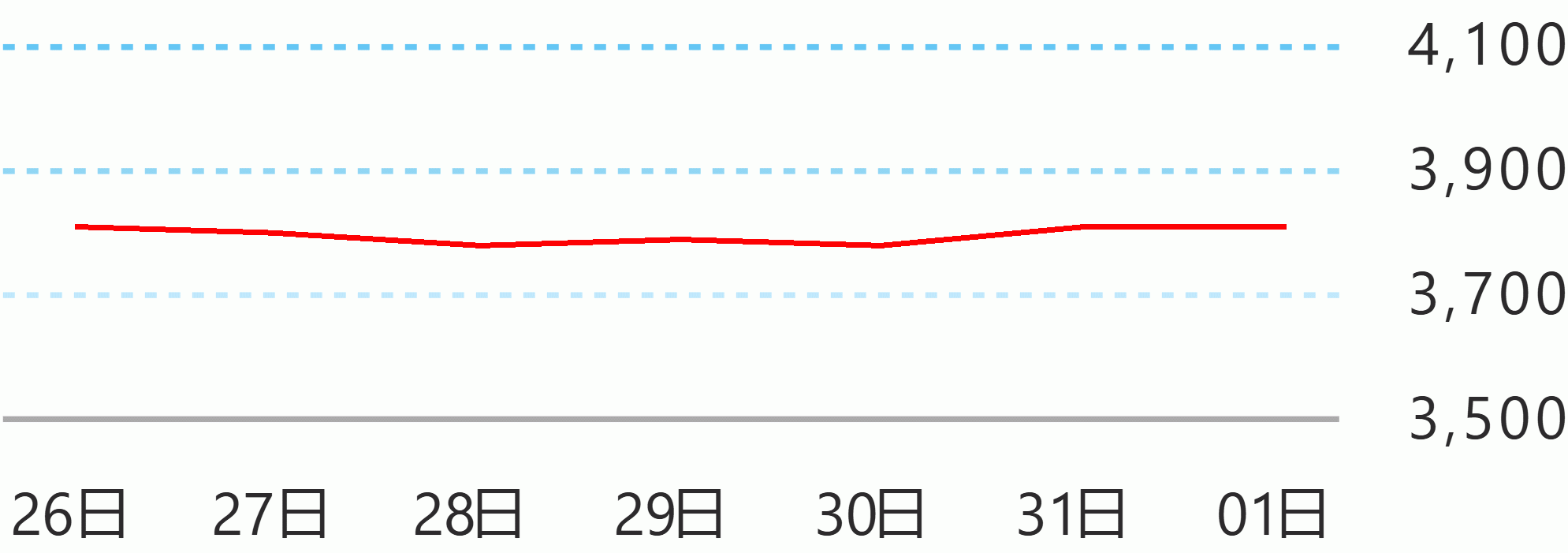As extreme weather due to climate change takes its toll on disaster-prone countries like the Philippines, a group of weather specialists from the Philippine Atmospheric, Geophysical and Astronomical Services Administration (Pagasa) went to Japan from November 17 to December 2 for a study visit facilitated by the Japan International Cooperation Agency (JICA).
JICA and Pagasa have an ongoing cooperation called “Capability Enhancement for High Quality Weather Observation, Forecast Warning and Information in the Philippines”.
This initiative aims to train Pagasa personnel on testing, calibration, and weather data monitoring to mitigate disaster impact in the Philippines.
“Japan, as also a disaster-prone country, is known for advanced weather systems. As a long-standing and reliable partner of the Philippines in many areas of development, JICA is pleased to share Japan’s experience and knowhow even in meteorological observations to ensure that reliable information about the weather is communicated,” said Sakamoto Takema, the chief representative of JICA.
“Weather data is crucial for proper disaster prevention. Aside from this, such data are also used by other countries since it is exchanged all over the world. Therefore, it is important for Pagasa as the national weather organization of the Philippines to develop its capacity to contribute to share quality observation data worldwide,” Sakamoto added.
During the study visit in Japan, Pagasa personnel met with scientists from the Japan Meteorological Agency (JMA), attended lectures on calibration and maintenance of equipment, and visited the International Research Institute of Disaster Science in Tohoku University.
It can be recalled that Tohoku was the site of the tsunami and earthquake in 2011. The visit also became an opportunity for the Filipino participants to learn from Japan’s disaster response and recovery.
“The study visit equipped me with learnings about environmental maintenance of meteorological stations. It was interesting to see how data collected through time can detect anomalies that are related to the condition of the station environment. This is helpful to Pagasa in monitoring the remote sensors and stations that are hard to visit since most of these sensors are located in isolated areas due to the country’s archipelagic environment,” said weather specialist Rex Abdon Jr., a participant in the training.
“I also learned how important maintaining weather stations and instruments in Japan that they even have laws governing it,” he added.
The Philippine Statistics Authority estimates point to P463 billion of economic losses from natural disasters in the Philippines since 2010.
Of these disasters, typhoons, monsoon rainfall, and floods account for most of the damages.
JICA’s cooperation in capacity development fills the gap in Pagasa’s need to beef up its human resources to boost disaster resilience and mitigate its ill-effects to the economy and people’s lives.
Through the years, JICA has closely partnered with Philippine frontline agencies involved in disaster management aside from Pagasa, too.
Other than soft measures, the Japanese bilateral development agency, JICA also provided equipment and hard infrastructure to boost the Philippines’ disaster management. JICA Philippines





 English
English










